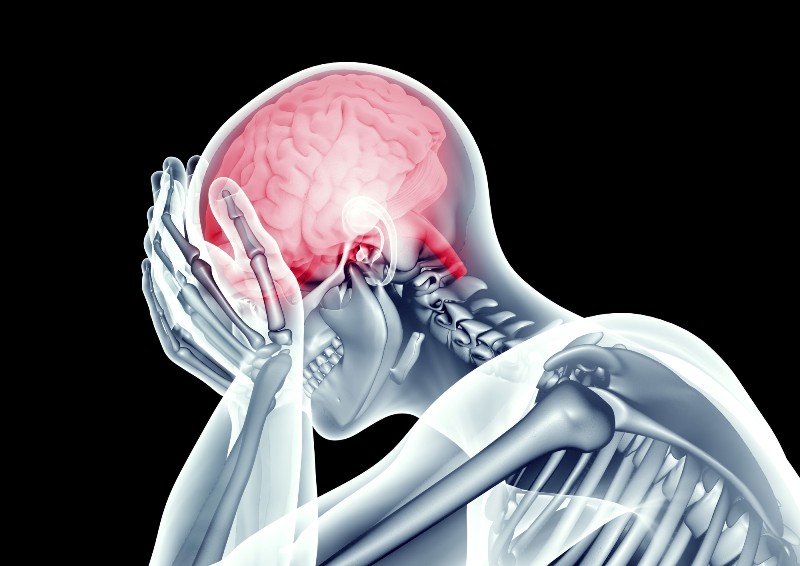Did you know that Americans spend about $2 billion each year on dietary supplements for weight reduction in tablet form? Around 15% of US people have used them. Unfortunately, the diet pill industry’s success (and lack of regulation) means that there are lots of unethical businesses out there producing formulations that either do not work or are really dangerous – all in the sake of profit.
If you are having difficulty losing weight, diet pills may be beneficial, but according to Medicaldaily you use them only under the supervision of a medical weight loss expert. Meanwhile, read our commonly asked questions regarding appetite suppressants and diet pills below.
What Are Appetite Suppressants and How Safe Are They?
Hunger often results in unhealthy snacking behaviors, cravings, and overeating. If you can not manage your appetite, reducing weight will be difficult. Appetite suppressants are intended to assist you in controlling your appetite, which in turn aids in weight loss. They may assist you in feeling fuller, less hungry, craving fewer foods, and aid in weight reduction. However, are they secure?
To address this, we must first examine the various kinds of appetite suppressants and their manufacturing processes.
Appetite Suppressants on Prescription
Prescription appetite suppressants work by boosting serotonin levels in the brain. This, in principle, should aid with appetite regulation. However, due to the fact that this kind of appetite suppressant changes your hormones, its efficacy and safety have been extensively disputed.
Appetite Suppressants Natural
Natural appetite suppressants are safer to use than synthetic ones since they are derived from natural foods. For instance, Slendesta® is a natural appetite suppressant derived from potato protein extract. This potato protein extract works not just because the potato is high in filling fiber, but also because it includes proteinase inhibitor II (PI2), which has been shown to decrease food consumption. Additionally, since it is a natural potato extract, it is completely safe. There are no stimulants, no jitters, no bloating, and no additional side effects!
Appetite Suppressants – What Are They?
Appetite suppressants are classified as “anorectic” medicines, which literally means “without appetite.” They suppress appetite by deceiving the brain into believing you are full, thus alleviating hunger and lowering calorie intake. Along with helping you feel less hungry, they also help you feel fuller faster when you do eat. This, too, will result in a reduction in calorie consumption and weight loss.
Can I Eat Whatever I Want If I Use An Appetite Suppressant?
Diet pills are intended to complement, not to replace, a balanced diet and exercise regimen. No doctor or medical practitioner who really cares about your health would advise that diet pills or appetite suppressants are a viable replacement for healthy food and physical activity. Additionally, it is critical to remember that the only method to lose weight is to eat less calories than you burn. In other words, eating donuts for breakfast, lunch, and supper directly contradicts your weight reduction objectives, regardless of whether you are using a diet medication.

Can Not I Just Order Appetite Suppressants Directly From Amazon?
You could, but we strongly advise against it. For one thing, unless you consult with a medical expert to discover the prescription that is appropriate for your body and your requirements, you risk
1) squandering your money on something that does not work and,
2) jeopardizing your health with dangerous medicines.
The safest approach to lose weight – and keep it off – is to work with a medical expert who will not only prescribe safe medication but will also assist you in making the lifestyle adjustments necessary to support your weight reduction program.
Phentermine – What Is It?
Phentermine is the most often prescribed prescription weight reduction medication on the market. And with justification: it works! It activates the hypothalamus of the brain, blocking the chemicals norepinephrine and serotonin from being absorbed and enabling you to feel fuller for a longer length of time. When taken for a few weeks at a time under the supervision of a physician, it is an excellent tool for jumpstarting your weight reduction program.
Are Appetite Suppressants The Suitable Methods For Weight Loss?
There is no one-size-fits-all method for losing weight. Although effective weight reduction requires burning more calories than you eat, in addition to a balanced diet and exercise regimen, various things work for different individuals. For others, the ideal approach is to restrict the appetite using medicines such as Phentermine, Bontril, or Tenuate. Others need vitamin injections to maintain an active lifestyle that burns calories and results in weight reduction. And for those whose diet and exercise routines are not working, lipotropic injections may help them burn more calories throughout their exercises.
Appetite Suppressants Approved by the FDA
Hunger suppressants act on the hypothalamus, the brain area that regulates appetite. They operate by inhibiting the reuptake of the neurotransmitters serotonin and norepinephrine, which provide the sensation of fullness after a large meal. A sense of fullness may develop when more of these substances circulate in the brain. Appetite suppressants are a critical component of the pharmacological treatment of obesity.
The FDA has authorized a variety of anorexiant medicines for weight control. Anorexiants exert their effects by altering how neurotransmitters act in the brain. Neurotransmitters are substances that are held in nerve cells and released in response to nerve stimulation. A neurotransmitter is produced from the axon (or terminal) of a nerve fiber and stimulates the next cell by crossing a very small space between nerve cells (referred to as the synapse). Thus, neurotransmitters are substances that allow nerve cells to communicate with one another or with other tissues, such as fatty tissue.
Apart from phentermine, this family of medicines also contains phendimetrazine and diethylpropion. Appetite suppression may be experienced successfully over prolonged periods of time when a mix of long- and short-acting substances is used. A typical example of this is the usage of phentermine in the morning, followed by phendimetrazine or diethylpropion in the late afternoon.



